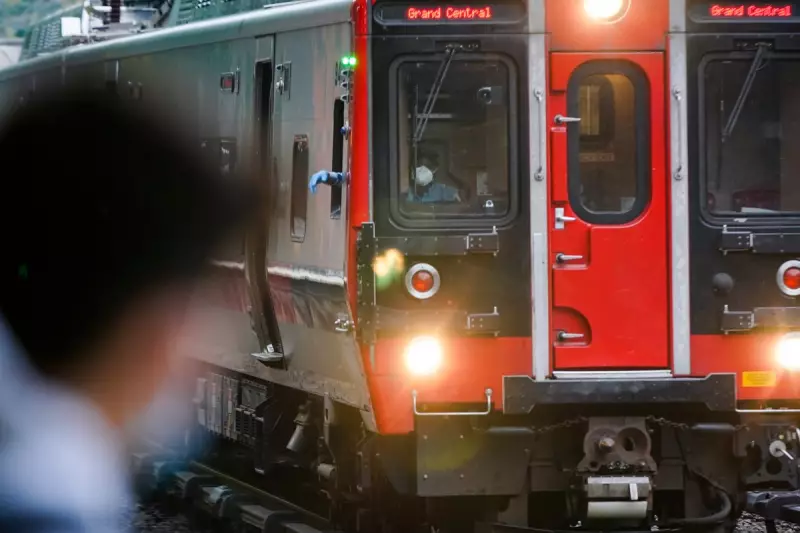
The US Department of Transportation has launched a formal civil rights investigation into New York City's Metropolitan Transportation Authority (MTA), following mounting complaints about allegedly discriminatory service patterns affecting minority communities.
The probe, confirmed by federal officials, will examine whether the nation's largest public transport system has been violating civil rights laws by providing inferior service to predominantly Black and Hispanic neighbourhoods compared to wealthier, whiter areas.
Growing Concerns Over Transport Inequality
This investigation comes after years of complaints from riders and advocacy groups who argue that communities of colour consistently receive less reliable and less frequent subway and bus services. The allegations suggest systematic underinvestment in infrastructure and maintenance within these neighbourhoods.
"When we're talking about transportation, we're talking about people's ability to get to work, to access healthcare, to visit family," said a spokesperson for the Transportation Equity Network. "Systemic disparities in service quality directly impact economic opportunities and quality of life."
MTA's Response to Federal Scrutiny
In response to the investigation, MTA officials have stated their commitment to equitable service across all communities. The authority maintains that service patterns are determined by ridership data and operational requirements rather than demographic considerations.
However, internal documents and independent analyses have repeatedly shown significant disparities in service frequency, train car conditions, station maintenance, and delay response times between different neighbourhoods.
Potential Consequences and Reform
If the investigation finds evidence of civil rights violations, the MTA could face significant federal consequences, including potential loss of transportation funding unless substantial reforms are implemented. The probe is expected to examine scheduling data, maintenance records, and capital investment patterns across the system.
Transportation advocates hope the investigation will lead to more transparent decision-making and equitable resource allocation within the massive transit network that serves millions of New Yorkers daily.





